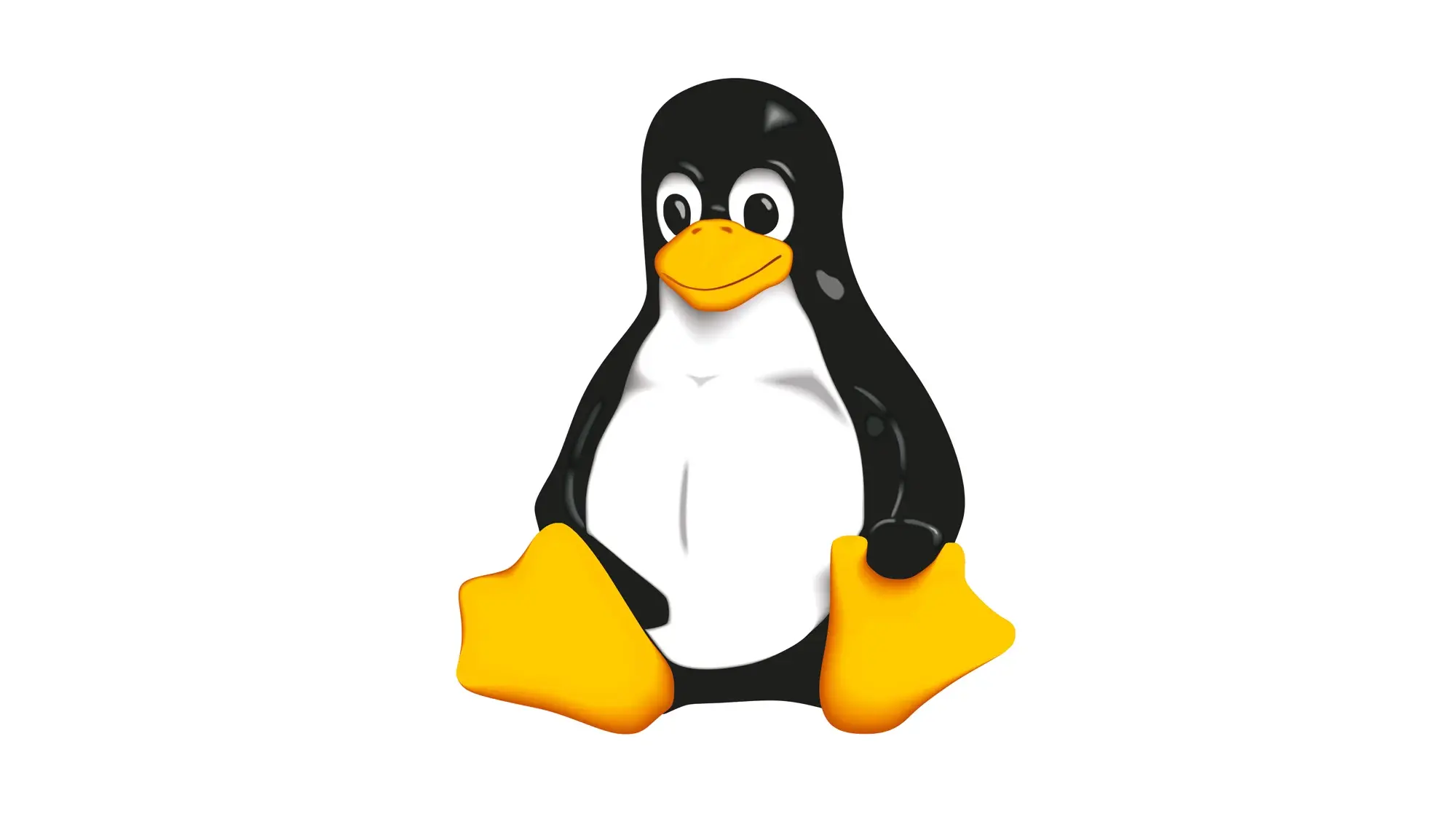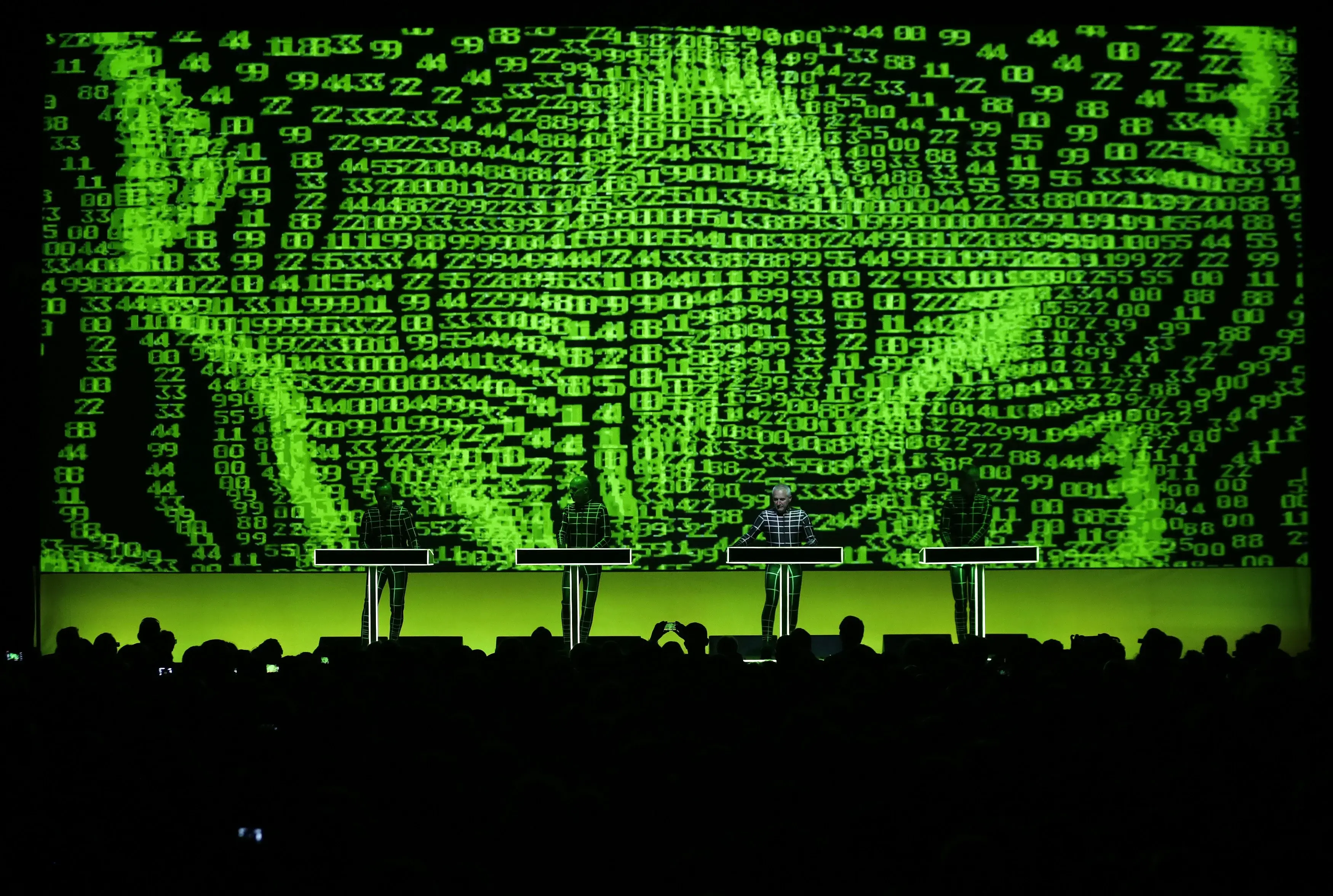It’s nice that major news outlets are saying what we nerds have been screaming for the past two decades. Microsoft only shares a small portion of the blame for the recent outage (they could have built their OS better so software vendors don’t feel the need to use kernel modules, but the rest is on CrowdStrike) but we are too depenent on them.
f00f/eris
Here to follow content related to Star Trek, Linux, open-source software, and anything else I like that happens to have a substantial Lemmy community for it.
Main fediverse account: @f00fc7c8@woem.space
- 2 Posts
- 76 Comments

 2·7 months ago
2·7 months agoIf my American university has a system in place for students that don’t own Windows, I would not be surprised if yours has a better one :)

 39·7 months ago
39·7 months agoLibreOffice has opened every DOC(X) the school has sent me, albeit imperfectly, and all assignments are turned in as PDFs, which I usually make using Markdown and LaTeX. I have had to use Office 365 for collaboration, but only about twice a year, and that runs very smoothly in Firefox. On one occasion I tried to collaborate with CryptPad, but it didn’t work as well as I hoped.
Most computer labs at my uni run Windows 10, rarely 11, but a lot of the science labs run Linux. A surprising amount of the software required for classes has been open-source, too.
The most frustrating thing has been the lockdown browser used for some exams. My university library has computers I can borrow for exams, but yours might not, and they detect VMs, so you might have to dual boot for that.

 6·7 months ago
6·7 months agoNiccolo Ve did a pretty comprehensive summary of all his problems recently: https://inv.tux.pizza/watch?v=mhqeuO9RKKk
He’s been on a right-wing, transphobic, anti-woke downward spiral for years now.

 1·7 months ago
1·7 months agoof course not!

 3·7 months ago
3·7 months agoI don’t have much PC building experience, but these specs seem sufficient. Only comment is that you might need to use a distro with a new-ish kernel and graphics stack, given the very recent CPU and GPU. So not Debian stable, but Fedora, Ubuntu, or any rolling release distro will be fine.

 14·7 months ago
14·7 months agoFor a while I daily drove a Purism Librem 14 with Debian’s fully free kernel, and installed as few non-free packages as possible, including firmware blobs (which I didn’t install any of until I decided I needed Bluetooth). My experience with gaming was generally fine.
With linux-libre you really have to buy your hardware specifically with support in mind. You’re limited to Intel and non-bleeding-edge AMD graphics cards, a very small range of wifi cards, and no Bluetooth. Otherwise, video games should work as well as they would on any other computers with the same specs. Especially if you’re also limiting yourself to games with free engines - I’m not aware of a single libre game that demands more than a modern Intel integrated graphics card can provide, even on high settings.

 1·7 months ago
1·7 months agoHandbrake will probably still work if you compile it from source, but it seems like upstream isn’t paying much attention to libdvdcss support.
The version in Debian’s repo still works for me, anyway.

 0·10 months ago
0·10 months agoDebian Stable, in my experience, can stay online for months, even over a year, with very little attention, and still work as well as you left it. You can also install RHEL or a rebuild, like AlmaLinux, RockyLinux, or Oracle Linux, as a workstation distro.
As for the device, my use case is fairly different so I’m not sure what to suggest. Maybe an Intel NUC, or a Framework laptop.

 4·10 months ago
4·10 months agoUnfortunately, the state of Android music players is not great. Currently I have two FOSS music players installed: Metro Music Player (the F-Droid version of Retro Music Player) and mucke. mucke has a ton of really cool features that improve the shuffle experience but it’s actually worse than most apps at pulling album art. Retro/Metro has beautiful UI, and has pretty good features for customization, but lacks the cool features mucke has and is less stable. Both have more than one annoying bug, but it took me a while to find music players that had this few dealbreakers.

 11·10 months ago
11·10 months agochmod’d all my home directory’s files and folders recursively. First to 600, which prevented me from listing any folders, then to 700, which broke a few programs, then to 755, which broke ssh.
Yeah, basically. makepkg automates the process of creating an Arch package, and while usually that involves compiling source code, sometimes it just means converting proprietary software that has already been compiled into a different format.
In that case makepkg isn’t compiling anything, it’s just packaging the existing binaries so that they can be more easily installed and recognized by your package manager.
Open-source software is distributed primarily as source code in a human-readable programming language. Computers can’t actually read these programming languages directly; they need to be translated into the machine language of their CPU (such as x86_64). For some languages, like Python, code can be “interpreted” on the fly; for others, like C, programs must be “compiled” into a separate file format. Additionally, most programs consist of multiple files that need to be compiled and linked together, and installed in certain folders on your system, so the compiler and additional tools work to automate that process.
Most users of Linux rarely if ever have to compile anything, because the developers of Linux distros, and some third parties like Flathub, curate collections of (mostly) open-source software that has already been compiled and packaged into formats that are easy to install and uninstall. As part of this process, they usually add some metadata and/or scripts that can automate compiling and packaging, so it only requires a single command (makepkg on Arch, dpkg-buildpackage on Debian.) However, some newer or more obscure software may not be packaged by your distribution or any third-party repo.
How to compile depends on the program, its programming language and what tools the developers prefer to use to compile it. Usually the README file included with source code explains how to compile the software. The most common process uses the commands
./configure; make; sudo make installafter installing all of the program’s dependencies and cd-ing to the source code directory. Other programs might include the metadata needed for something like makepkg to work, be written in an interpreted language and thus require no compilation, or use a different toolchain, like CMake.
Last time I used Elementary OS, it was great if you were only using the official apps, with insane degrees of polish, but things like LibreOffice were surprisingly hard to configure the way I wanted. That was a while ago, though.

 4·11 months ago
4·11 months agoThere was still Wine, and PlayOnLinux helped further, but when I looked for a game I wanted to play on WineDB, there was no guarantee it even had an entry, and if it wasn’t listed as “platinum”, the chance of you experiencing any reported issue was very high.
Not to mention, playing Steam games that weren’t native was an impossibility.
Thankfully I was more of a console gamer at the time, and I got a lot of enjoyment out of the few games that received Linux ports - like Team Fortress 2!

 13·1 year ago
13·1 year agoI still follow Planet KDE and Planet Debian, and can vouch for both. They’re great for both learning about the development processes of those projects, and finding interesting blogs on unrelated topics that happen to have been written or linked by the contributors.
I unfortunately haven’t found that many I can remember. But a comment on Busybox cat that linked to a talk titled “cat -v considered harmful” did send me down a rabbit hole once.

I’d say they all offer different types of customization. It’s less a matter of how much you can do, and more a matter of what you want to do and how much time you’re willing to spend working on it. KDE is for people who want to customize their desktop, and want it to be easy to do so. GNOME is for people who just want something that works, but it still offers a lot of customization, it’s just not as well-supported (their philosophy is “if theming breaks an app, it’s not our fault”).
KDE doesn’t support full CSS customization on its own, but there are theming engines like Kvantum and QtCurve that address the limitations that arise from this. I’d say it’s on almost equal footing with GNOME in that regard, since both GTK4+libadwaita and Qt6+KF6 are designed for color scheme customization, but require various workarounds and obscure settings for anything more than that. If anything the workarounds are easier in KDE.
Similarly, KDE supports layout customization through widgets and graphical menus. GNOME also supports layout customization, but through extensions instead.
And then you can do all of the above and more if you use a window manager, or an LXDE/LXQt-style desktop that lets you disable or replace all its components in settings - just mix and match components like panels, file managers, display managers, polkit agents, etc. You can basically build your own DE that way, and it doesn’t get much more customizable than that. But maybe you don’t want to spend your time choosing every component of your custom DE. That’s what something like KDE is for.